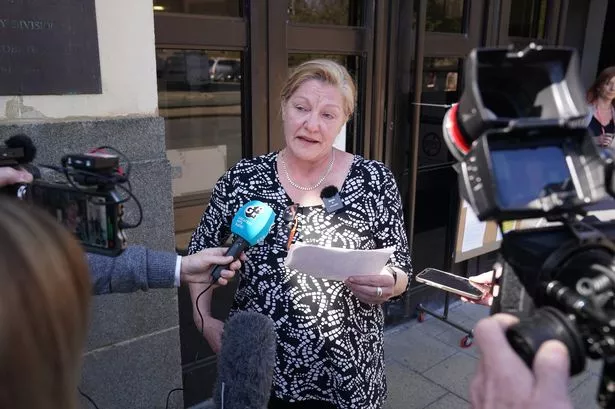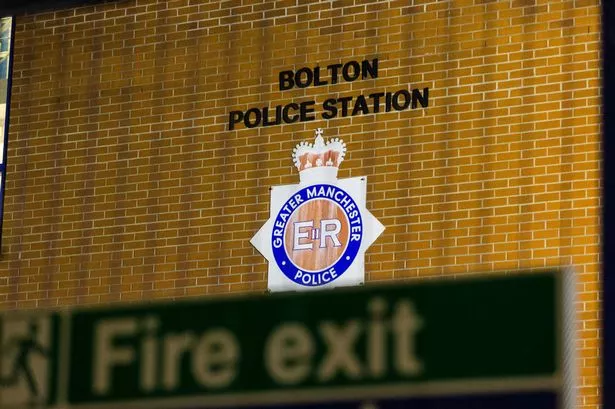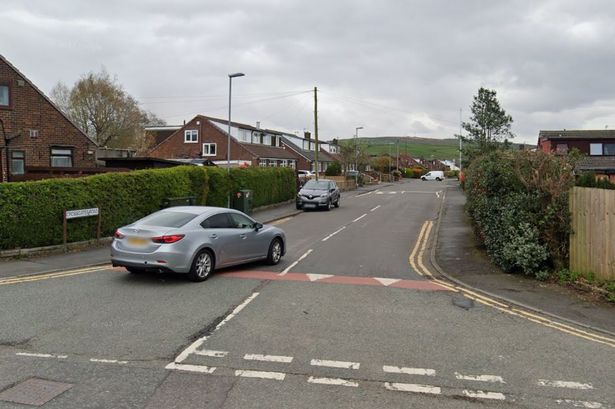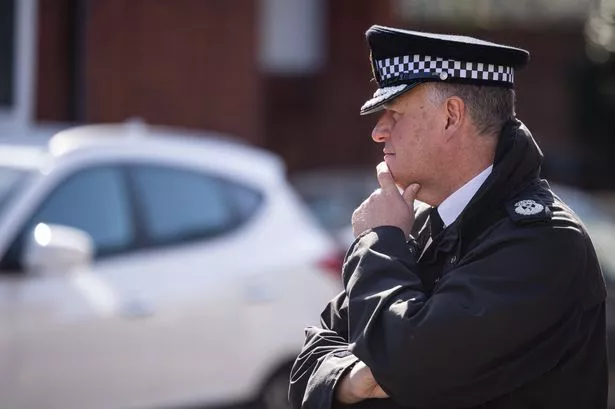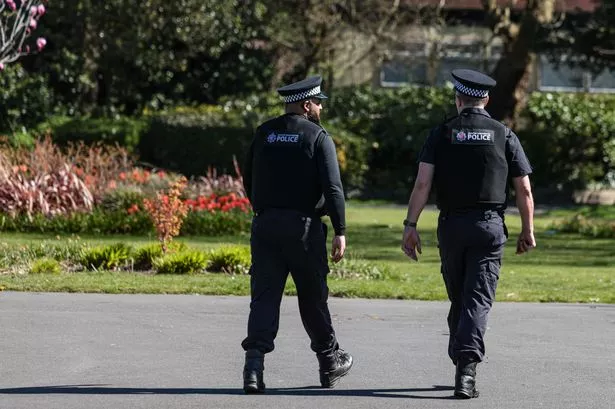Ellis Thompson: Tragic Medical Misdiagnosis and Death

Ellis Thompson, a talented musician, tragically passed away on May 17, 2022, at Manchester Royal Infirmary (MRI). The 31-year-old from Gloucestershire had previously been misdiagnosed and sent home with antibiotics just days before his death.
On May 14, Ellis sought medical attention at A&E after experiencing shortness of breath for five days. Despite signs suggesting a possible pulmonary embolism, he was diagnosed with a lower respiratory tract infection and discharged.
During the inquest at Manchester Coroner's Court, it was revealed that the doctor who assessed Ellis suspected potential issues, as he conducted a check for thrombosis. However, an incorrect diagnosis led to Ellis being improperly treated.
Two days later, on May 16, Ellis returned to the MRI at 9:15 PM. He was categorized as a 'yellow' patient, which meant he should have been seen within an hour. However, the inquest concluded he should have been classified as 'orange', leading to a quicker assessment.
Instead, Ellis waited for nine hours and 45 minutes before collapsing at 7 AM on May 17. He died from cardiac arrest caused by a pulmonary embolism.
At the time, Ellis was waiting for medical attention in a temporary waiting room, a heated marquee set up for social distancing due to the COVID-19 pandemic. Coroner Zak Golombeck stated there were significant "failings" in Ellis' care that contributed to his death.
Mr Golombeck emphasized that had the pulmonary embolism been identified sooner, treatment would likely have been more effective. The court also heard from Dr Alan Grayson, an emergency medicine consultant, who noted that the symptoms presented by Ellis were not definitive for a diagnosis of pulmonary embolism.
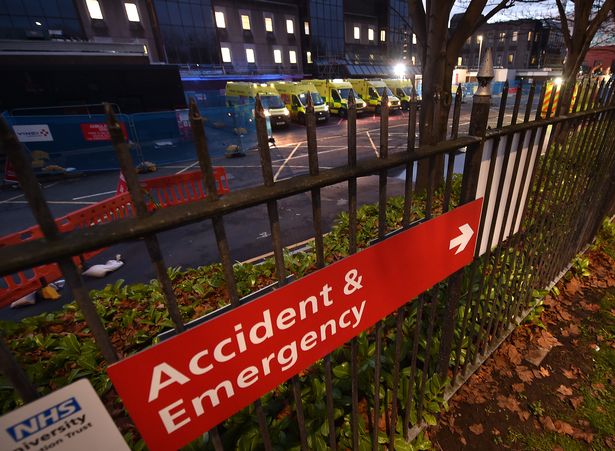
However, Mr Golombeck rejected Dr Grayson's assessment, pointing out that the suspicion of a blood clot should have prompted further investigation during Ellis' initial visit.
He remarked, "This was present and should have been diagnosed and treated during the deceased's first presentation." MRI was criticized for lengthy wait times that contradicted the urgency of Ellis' condition.
Dr Grayson admitted their error, stating, "He should have been seen earlier than he was. We got that wrong and that's an error on our part."
Concluding the inquest, Mr Golombeck stated that Ellis died from natural causes, exacerbated by the decision to discharge him without adequate investigations that could have led to a proper diagnosis and treatment.
A spokesperson for Manchester University NHS Foundation Trust expressed condolences to Mr. Thompson’s family and committed to reviewing the Coroner’s findings for potential improvements in patient care.




